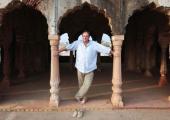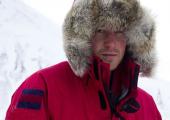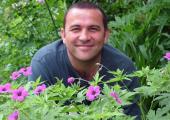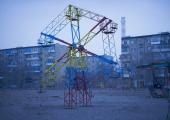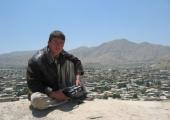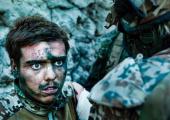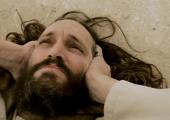Wreckers
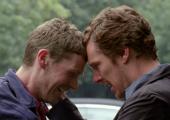
Indy debut finds something rotten in the fenlands
There's quite a bit to admire in DR Hood's debut feature. There's the cast for a start, headed by nascent superstar Benedict Cumberbatch alongside Brit-dram It-girl Claire Foy. Beguiling, too, is the piece's setting in the fenlands of East Anglia (quite near Mildenhall airbase, one would guess, judging by the eerie shots of American aircraft drifting overhead).

